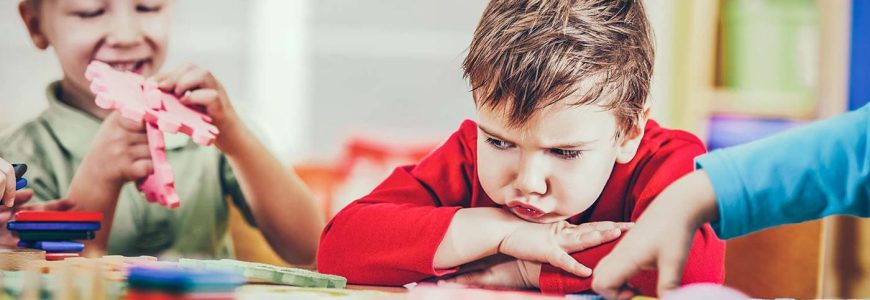Emotional regulation is a crucial skill for children to learn as they navigate the ups and downs of daily life. Being able to manage and control their emotions allows kids to communicate effectively, make good decisions, and build positive relationships with others.
But emotional regulation doesn’t always come naturally to children. It’s a skill that needs to be taught and practiced, often with the help of parents, teachers, and other caregivers. In this article, we will explore the importance of emotional regulation for kids, as well as some strategies and techniques that can help them develop this essential skill.

Why is Emotional Regulation Important?
Emotional regulation is crucial for children because it helps them understand and manage their feelings in a healthy way. When kids can regulate their emotions, they are better able to cope with stress, communicate effectively, and navigate social situations. Without this skill, children may struggle with impulsivity, outbursts, and difficulty forming meaningful connections with others. As parents, teachers, and caregivers, it’s essential to teach kids how to regulate their emotions so they can thrive both academically and emotionally. To learn effective strategies and techniques for helping children develop emotional regulation skills, check out Emotional Regulation Techniques for Children and Teens.
Strategies for Teaching Emotional Regulation
There are various strategies that adults can use to teach children how to regulate their emotions. One effective approach is modeling calm and controlled behavior in stressful situations. By demonstrating how to stay composed when faced with challenges, adults can show children the importance of self-regulation. Additionally, providing children with tools like deep breathing exercises, mindfulness practices, and positive self-talk can help them better understand and manage their emotions. Encouraging open communication, validating children’s feelings, and offering support when they are struggling are all essential components of helping kids develop emotional regulation skills. For more detailed guidance on teaching emotional regulation to children and teens, you can refer to Emotional Regulation Techniques for Children and Teens.visit https://endeavourwellness.com.au/blog/2025/05/30/emotional-regulation/
In conclusion, teaching children how to regulate their emotions is critical for their overall well-being and success in life. By helping kids understand and manage their feelings in a healthy way, we can empower them to cope with stress, communicate effectively, and build strong relationships. As parents, teachers, and caregivers, it’s our responsibility to provide children with the tools and strategies they need to navigate the complexities of their emotions. Through modeling calm behavior, offering support, and teaching practical techniques like deep breathing exercises and mindfulness practices, we can empower children to develop the emotional regulation skills they need to thrive both academically and emotionally. Ultimately, by prioritizing emotional regulation in children, we can help them grow into confident, resilient individuals who are equipped to tackle life’s challenges with grace and self-awareness.
